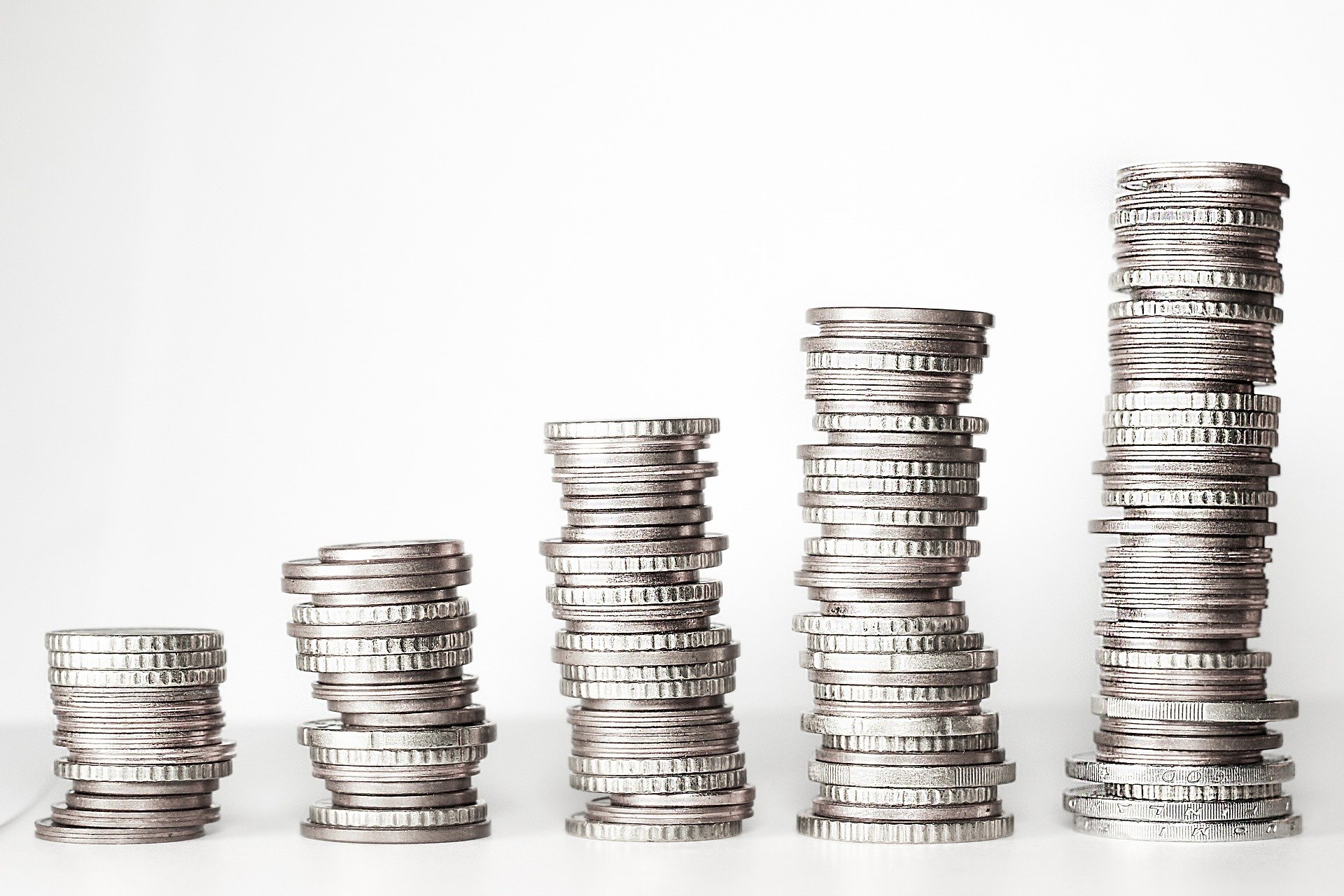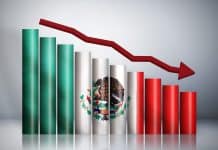Advertisements
The coronavirus pandemic is ravaging Italy with tremendous force. In addition to bringing negative and irreparable effects to the population, the italian economy it can also take a big hit.
Although death rates are expected to rise in countries where the outbreak started later, the number of deaths in Italy soared above 1,000 this week. Much higher than in Europe.
Advertisements
Older people are among the most vulnerable to the virus. Italy has the oldest population in Europe. Around 23% of Italians are 65 years of age or older. In an effort to conquer the virus, the Italian government has imposed drastic quarantine measures.
Advertisements
Like all museums, the Uffizi Gallery in Florence is closed. No one is throwing coins into the Trevi Fountain in Rome. From inside the Vatican, Pope Francis broadcast his regular Wednesday mass live. Instead of greeting pilgrims in St. Peter's Square.

The Italian economy in the face of covid-19
Apart from the threat to human life, Italy may be more exposed than other countries to the severe economic consequences of the pandemic. The potential repercussions for the euro area, and the EU as a whole, cannot be overstated.
The pandemic is already a test of Europe's unity and political will, and it could get much worse. Without determined and coordinated action by all EU governments and institutions, the survival of the EU economy may be in jeopardy for the second time in a decade.
The roots of these weaknesses run deeper. During the 20 years of the euro's existence, Italy has registered almost zero economic growth. Low labor productivity, an inadequate education system, an ineffective judicial system, corruption, and organized crime are problems with a long history.
Since the end of the 20th century, Italy's public debt has been worryingly high. But, before the 2010 crisis, it amounted to just over 100% of the gross domestic product. Now it is close to 135% of GDP.
Emergency measures
From a public health point of view, Italy's emergency measures are essential. But, they carry risks for the multitude of small, family-owned businesses that rely on daily customer contact and drying-up cash transactions.
Giuseppe Conte, Italy's prime minister, said the government was setting aside 25 billion euros. Or around 1.4% of GDP, to protect the economy against these threats.
However, leading economists such as Lorenzo Codogno, a former director general of Italy's Treasury, and Ashoka Mody, a professor at Princeton University, doubt that this is enough.
They think the risks of the pandemic are so high that the Italian economy, the third-largest in the eurozone, should ask the eurozone bailout fund and perhaps the IMF for immediate financial help.
Read More: Economy is growing but more jobs are needed



